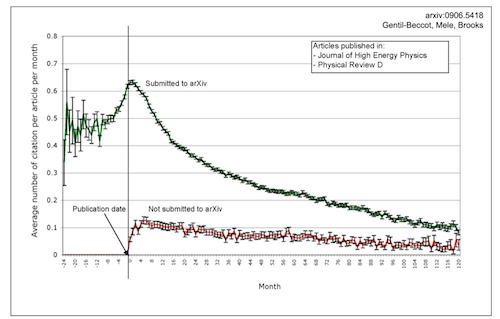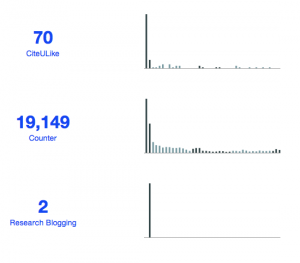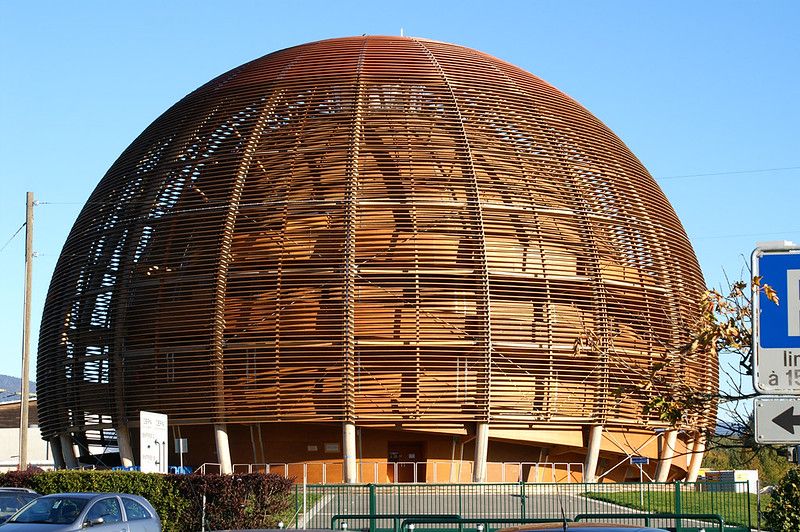On Saturday, June 8th – exactly a month from today – the PLOS San Francisco offices will host a workshop/hackathon about using markdown for science. A lot of people are experimenting with markdown for authoring scientific articles – see blog posts here, here or my post here, and the scientific manuscript here.

Article-Level Metrics provide new ways to look at the impact of scholarly research. Two important concepts are a) to track metrics for individual scholarly articles instead of using numbers aggregated by journal, and b) to go beyond citations and also include usage stats and altmetrics. Article-Level Metrics is also doing something else: instead of tracking impact by year, it looks at usage, altmetrics and citations in real-time.

Cameron Neylon yesterday wrote a great blog post about appropriate business models for shared scholarly communications infrastructure. This is an area I have also been thinking about a lot recently, and in this post I want to add a technical perspective (and an announcement) to the discussion. DevOps is an important trend that brings software development and administration of IT infrastructure closer together.
Earlier this week the rumors that started in January became official: Elsevier is buying Mendeley (see also here). A lot has been written about this announcement, in particular about the fear that Mendeley as a product and organization will turn into something not as open and collaborative as before. I first met Victor and Jan from Mendeley in 2008 and did an interview with Victor in September 2008.

Last week Philippe Desjardins-Prouly et al. published the article The case for open preprints in biology – naturally as a preprint on figshare (later also published as full paper). The article sees preprint servers as a great opportunity for open science, and discusses the status of preprints in the biological sciences.

PLOS Article-Level Metrics (ALM) are a great set of data (available via API and as monthly data dump) for some nice data visualizations. I have recently become a big fan of the d3.js javascript library, and have now used d3 to look at some ALM data over time.
On Tuesday we released the latest version of the PLOS Article-Level Metrics application. As always, the source code is available at Github.
Today the journal Nature has released a special on the Future of Publishing. It includes a lot of interesting reading, but I want to focus on the comment Beyond the Paper by Jason Priem.

The Beyond the PDF Conference is currently taking place in Amsterdam. Unfortunately, I am unable to attend in person this time (I took part in the first Beyond the PDF in January 2011), but I was watching the livestream of the Business Case panel discussion yesterday afternoon.
Yesterday Google announced that they will shut down Google Reader July 1st. In a way this announcement didn’t surprise me, as my own use of RSS readers has gone down in favor of news readers such as Flipboard and using Twitter as a discovery tool.